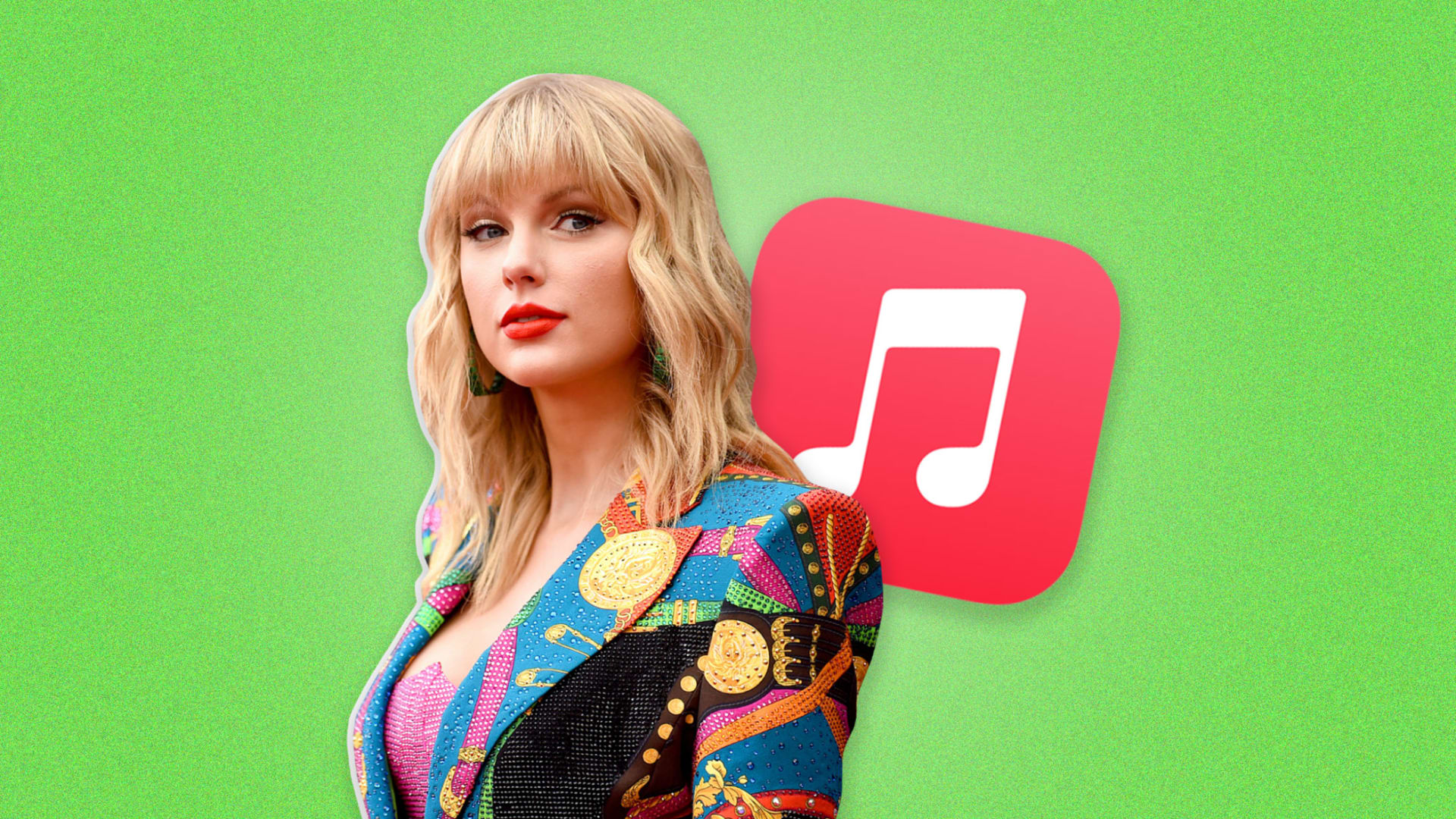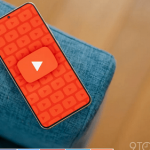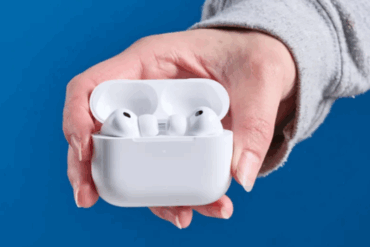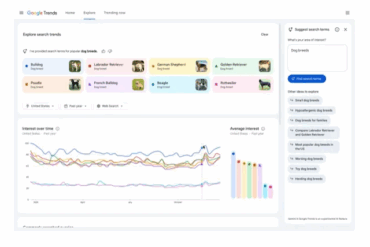By Nick Hobson
How brands say sorry to save face
Humans are social creatures. We jump aboard moral bandwagons. This is especially true in the digital age. We light our internet torches and march together toward the common enemy. Sometimes that enemy is a person. And sometimes it’s a brand or company.
It doesn’t take much for the masses to quickly turn against a brand, even a brand as beloved and respected as Apple. In today’s quick-moving marketplace, no one is invincible. All it takes is one message from one very influential person… like, for instance, a Tweet from Taylor Swift.
Back in 2015, Swift announced a public boycott of Apple Music. She was miffed with the tech giant because of certain conditions in their one-month trial period: It would be free for the users, but artists wouldn’t see payment for any of their music that was played during the trial period. Apple brand loyalty is strong, one of the strongest out there, but even its reputation was at stake at that moment. Hell hath no fury like an angry Swiftie. Put together tens of millions of diehard fans, and you can bring a giant to its knees.
Apple’s leaders knew they were in trouble with the boycott.
A “Swift” apology
Almost immediately, an unlikely person made an unlikely apology — and it worked. Senior vice president of internet software and services, Eddie Cue, went public to admit the brand’s wrongdoing. He did it informally, but sincerely — on Twitter.
In two separate tweets, one minute apart, Cue got right to the point:
At 11:29 PM: “#AppleMusic will pay artist for streaming, even during customer’s free trial period”
Then at 11:30 PM: “We hear you @taylorswift13 and indie artists. Love, Apple”
In two-sentences, Apple righted their wrong.
Not long after, Swift starred in an Apple commercial. The relationship was repaired, between Swift, her tens of millions of fans, and Apple.
When a brand screws up
When someone wrongs us, we expect them to admit their mistake and make amends. It’s the same with businesses and brands. If a company screws up, we have the same expectations: own up, regain my trust. Psychologically speaking, there’s a great deal of overlap between how we relate to another person and how we relate to the “entity” of a company or brand.
This is true, in fact, at the level of the brain. A theory referred to as “brands as intentional agents framework” shows that people humanize brands all the time. As one team of consumer scientists describe in their research paper, “brands seem to be like me, are part of me, and are in a relationship with me.” It’s more than mere metaphor. Even legally, corporations are considered people, too. They have certain rights and responsibilities.
On the responsibility side, businesses and brands that done something wrong have the moral, psychological, and legal obligation to make things right for those individuals affected.
The online marketplace is a minefield for reputational damage. One minor misstep could spell disaster for your brand and business. The good news is, users and customers are as forgiving as they are vengeful. If someone screws up, there’s always good way to apologize and make amends. Be thoughtful about how you say sorry.
Feature Image Credit: Getty Images





